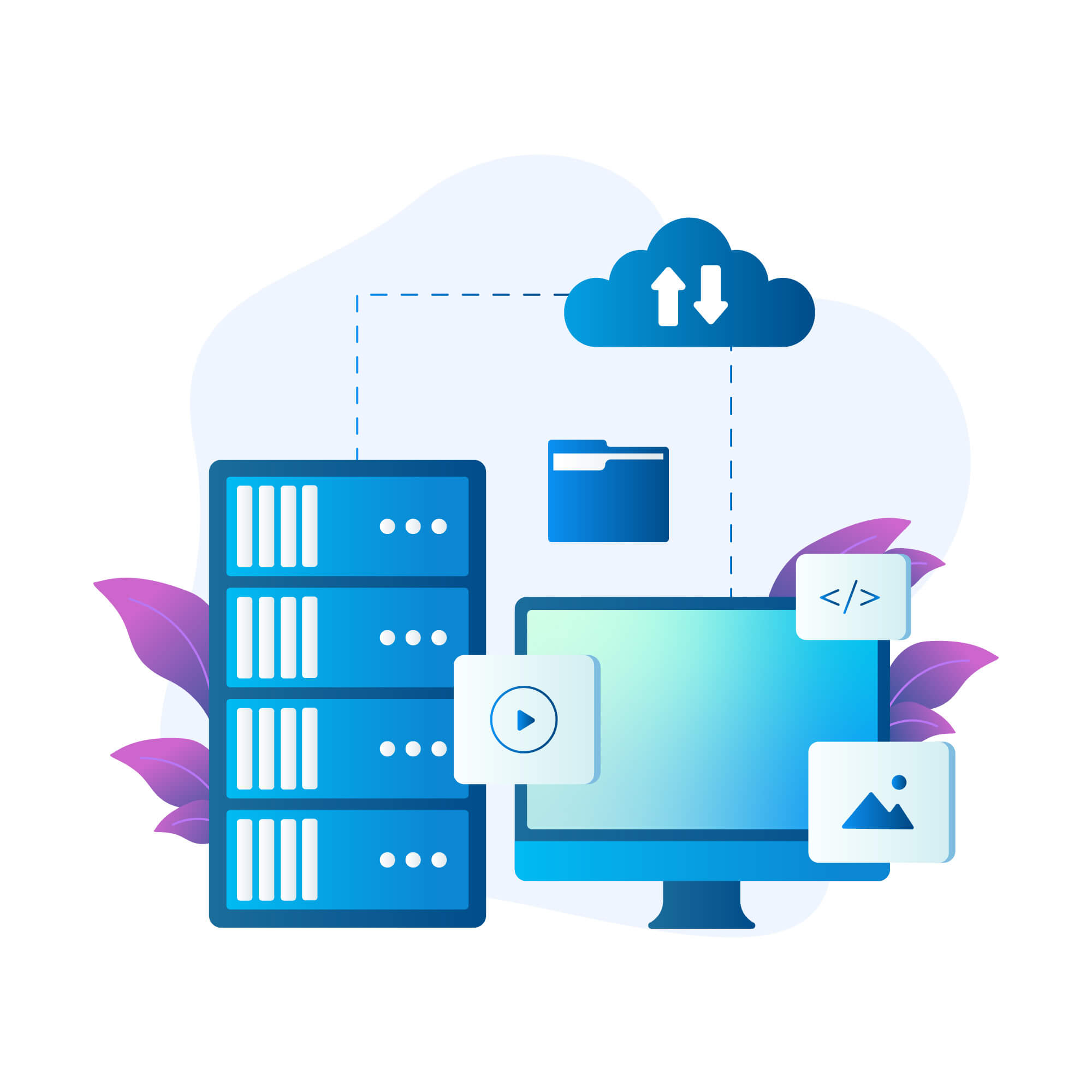Server Management
Having a great IT infrastructure does not guarantee system security along with optimum performance. Constant server maintenance is very much required to keep it running seamlessly.
Server management is about having control or access to a physical, virtual or application server in order to perform different types of administrative or maintenance operations. Server management also involves server monitoring and visibility into how a given server is operating to help improve and optimize performance.

Fundamentals of Server Management
Regardless of the type of server that is being managed, there are a number of basic fundamentals.
Access Management
In order to manage a server, a server management tool, service or software needs to be able to access the server it is trying to manage.
Updates or Patching
Among the most basic server management functions is the ability to help start and install operating system, software or firmware updates.
Optimization
Some server management tools and services will also provide optimization capabilities to improve server efficiency and overall operations.

Capacity Planning
A more advanced feature is capacity planning which provides a forecast of server utilization, helping administrators to plan for when additional resources will be required.
Alerting / Reporting
The ability to alert an administrator via email, SMS, Slack, phone call or other messaging systems to different errors and incidents.
Setup
The ability to setup new software, add-ons or functionality is often a core feature of server management, including monitoring for status, performance and anomaly detection.
Our Server Management Services
